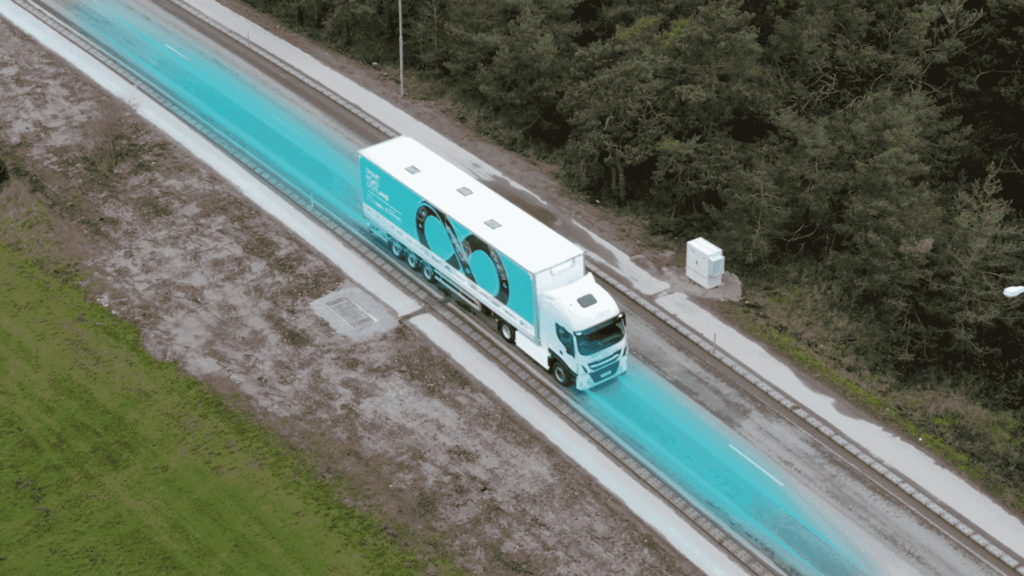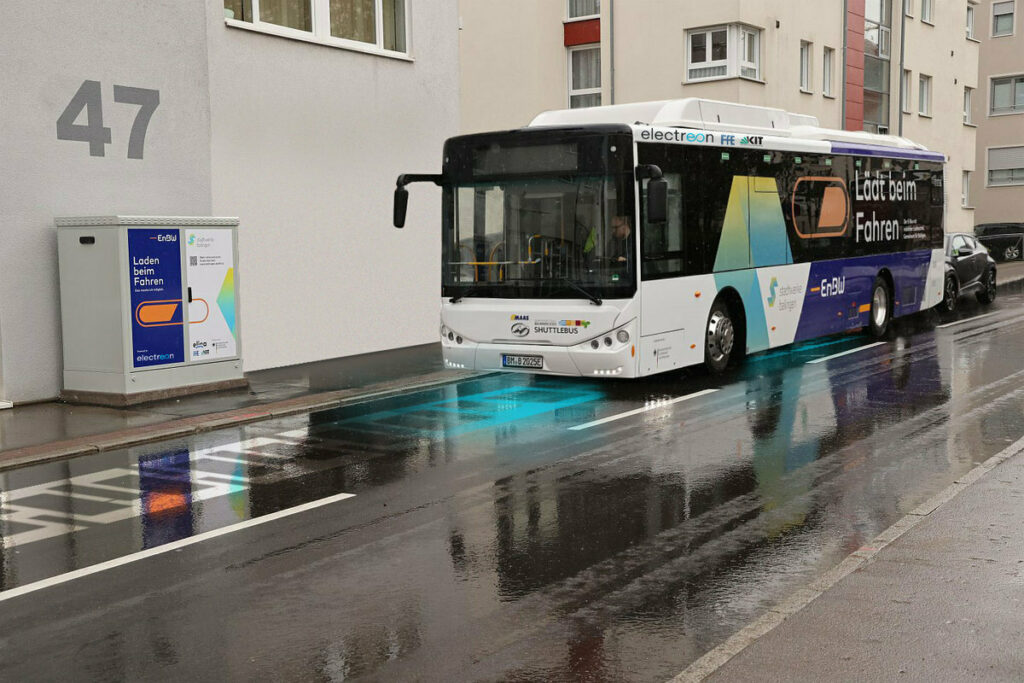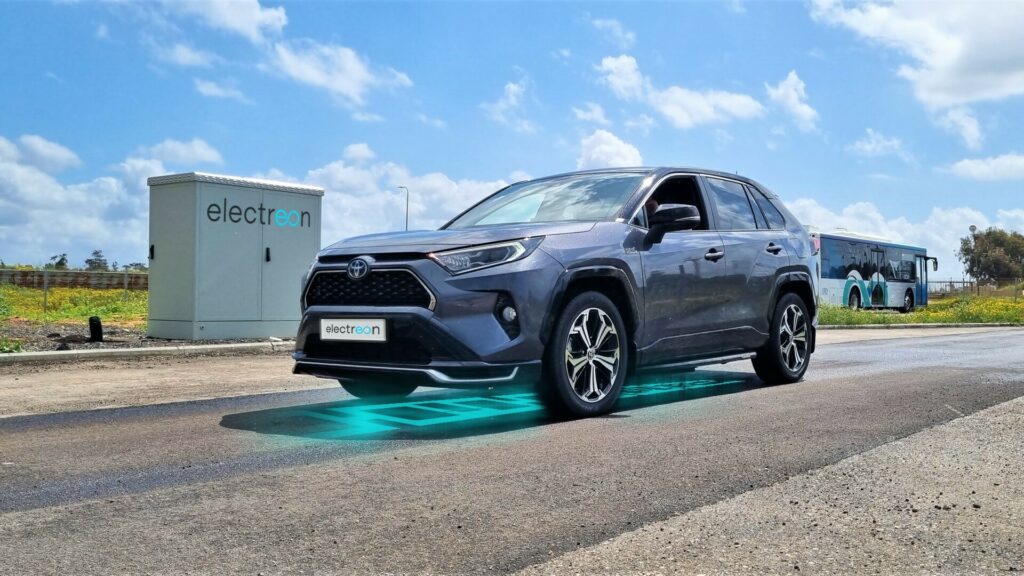A French study says the wireless charging road could reduce CO2 emissions from road freight by 86%
3 hours ago
 –>
–> 
–>
An Israeli charging startup by the name of Electreon has won tenders in France and Norway to install small sections of an advanced wireless-charging road the company has developed.
In France, Electreon will install a 2 km (1.2-mile) stretch of wireless charging road on a section of the A10 highway near Paris. It will also install a stationary wireless charging station next to the road. It won the tender after a study from France’s Transportation Ministry revealed that the wireless charging road technology could reduce CO2 emissions from road freight by 86%.
The Jerusalem Post states that the study also concluded that electric heavy-duty trucks would have to be equipped with large batteries and need to stop at charging stations if Electreon’s technology was not deployed.
Read: Startup Drives Toyota For 1,200 Miles On Electric Power Alone Thanks To Wireless Charging Road

“We are honored that Electreon has been selected as the on-the-go wireless charging technology for France’s first ERS deployment,” Electreon chief executive and co-founder Oren Ezer said. “France’s net-zero transport plan to reach nearly 9,000 km by 2035 is yet another example of the widespread global adoption of wireless charging and we are looking forward to unveiling our next-generation product with significantly increased power transfer capacity in this project.”
In Norway, the Israeli company will implement its electric road system technology on a stretch of road near a bus depot operated by AtB AS. The system will help to wirelessly charge the electric buses used in the local area. The use of the road will also allow the bus manufacturer to reduce the size of the battery packs it uses, Sustainable Bus reports. The ultimate goal is to establish a complete electric road in the Norwegian city of Trondheim that will be able to charge electric buses, trucks and taxis.
advertisement scroll to continue
“Inductive charging of vehicles in motion can be an important technology for the transport sector,” director of Transportation, Trøndelag County authority Konrad Pütz said. “This project will be most relevant for buses and lorries. The project will provide important knowledge for the coming bus tender in the greater Trondheim area, in operation by 2029.”
In May, Electreon made headlines when it drove a modified Toyota RAV4 PHEV on a closed test circuit featuring its electric road system for more than 100 hours, traveling some 1,207.05 miles (1,924.56 km) and breaking the record for the longest electric journey completed without charging.

 –>
–> 

